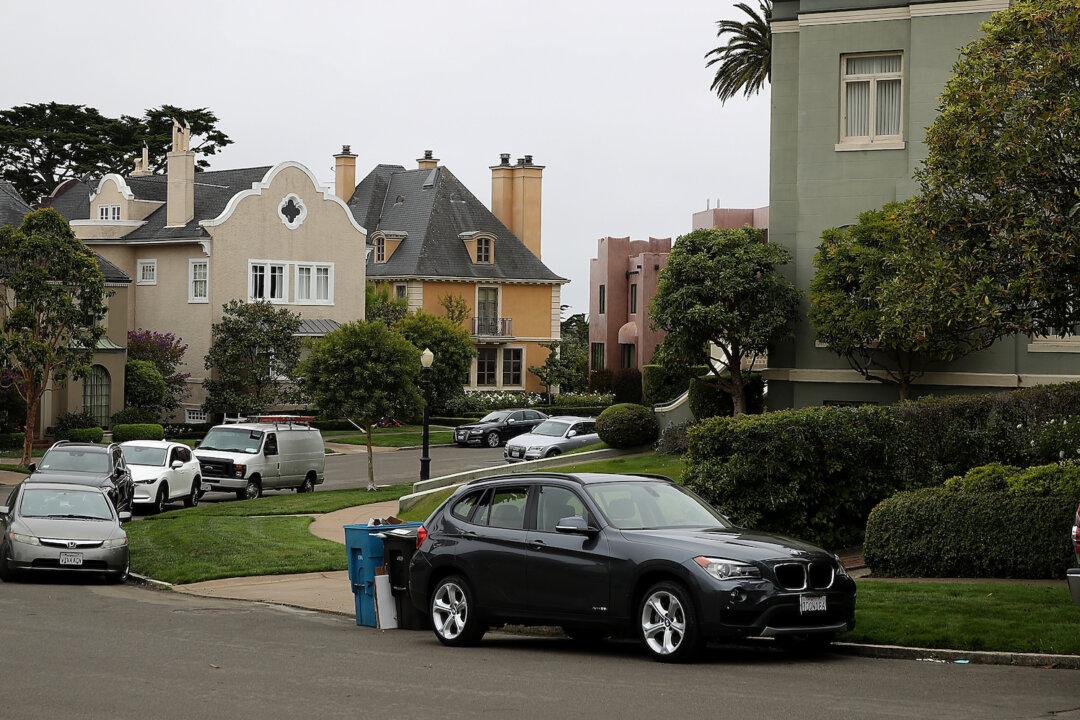News Analysis
Both sides of California’s political arena are squaring off for an impending battle over state property taxes and a popular ballot measure: Proposition 13.

Both sides of California’s political arena are squaring off for an impending battle over state property taxes and a popular ballot measure: Proposition 13.